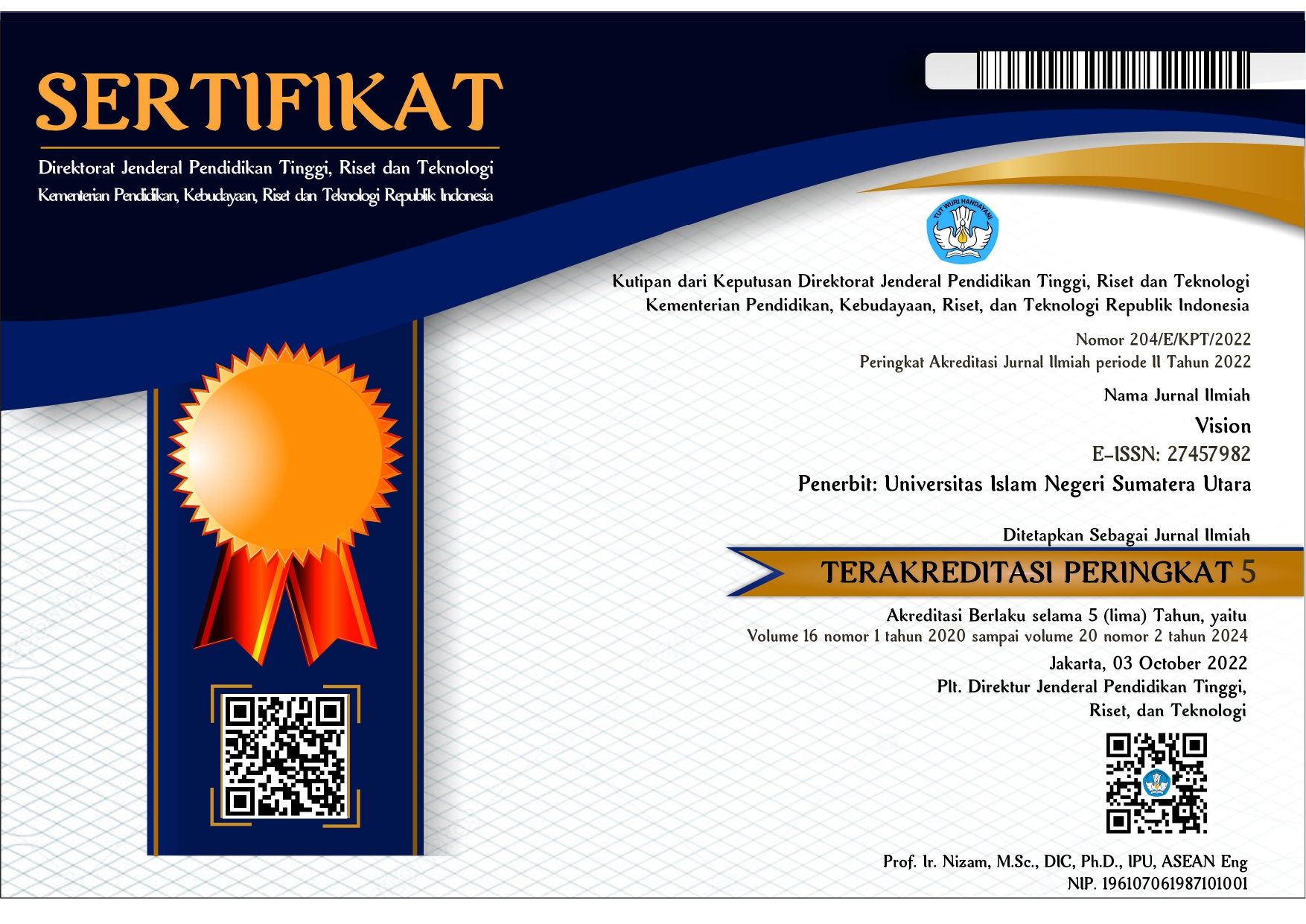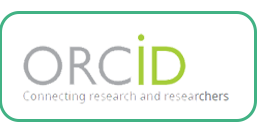PURPOSE, FUNCTION AND PRINCIPLES OF LANGUAGE LEARNING EVALUATION
Abstract
In essence evaluation is a process. Therefore the implementation of the evaluation of learning includes several stages. In general, the learning evaluation stage consists of 4 stages, namely (1) the preparation stage, (2) the implementation stage, (3) the processing stage of the results, and (4) the follow-up phase. The position of evaluation in the learning process is as the final part of a series of three basic components of the implementation of learning, namely learning objectives, learning activities, and evaluation process and learning outcomes. In practice, evaluation should be realized based on principles that emphasize the importance of the following evaluations: (1) identification of evaluation objectives; (2) select evaluation techniques in relation to those objectives; (3) use evaluation techniques; (4) be aware of technical limitations Evaluation, and (5) consider evaluation as a process of obtaining information to be used as a basis for determining student learning progress. Based on the explanation can be stated that the evaluation is a series of efforts undertaken to obtain information from students / students systematically arranged and based on instructional goals which then used for decision making in education.
Full Text:
PDFDOI: http://dx.doi.org/10.30829/vis.v11i11.163
Refbacks
- There are currently no refbacks.
Copyright (c) 2017 VISION
















